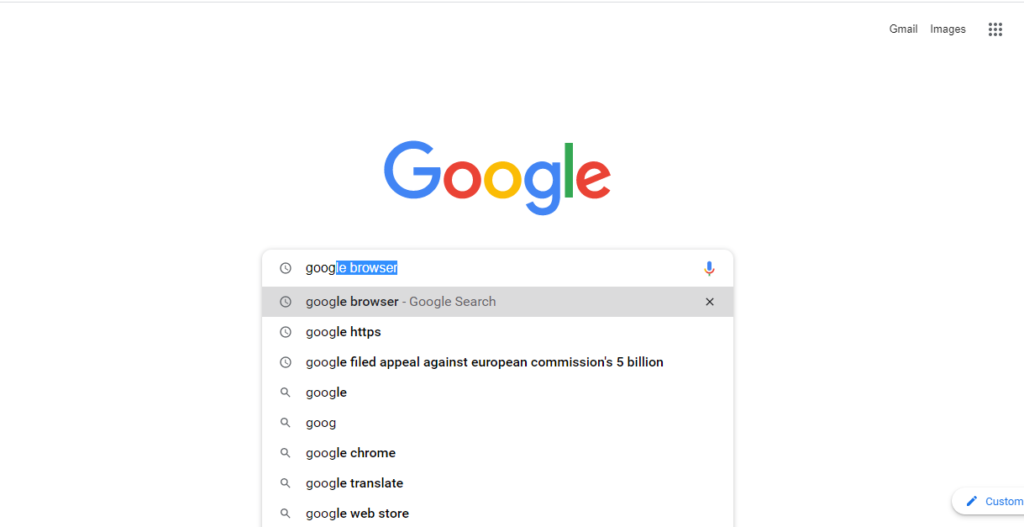Google Search Queries Are Not Generating Enough Clicks: Results Getting Bad?

The Google search engine is viewed by both its operator and many users as a great click distribution machine. However, this does not correspond to reality, because most inquiries do not lead to visits to other websites at all.
At least that is what data from SimilarWeb shows from last year, which relates to around 5.1 trillion search queries sent to Google in 2020. The information was collected on a little over a hundred million desktop and mobile systems, on which the company can carry out its clickstream analyzes.
According to general opinion, it should work in such a way that users submit a search query and then find a suitable page in the result lists, which then leads to a click on the link. However, this sequence only existed in 33.59 percent of the cases, i.e. roughly a third. In addition, 1.59 percent of the inquiries led to a click on a link that was placed in the respective hit list via advertisements.
Data can have consequences
The vast majority of 64.82 percent of all search queries, however, does not result in a click. And this is where Google could find it difficult to explain. Because there are basically only two sensible explanations for this outcome of a search engine use: Either the search results are so bad that the users cannot find a suitable page in the hits. Or the results list provided by Google itself provides enough information and no further click is necessary.
Earlier: No More Crashes, Google Fixed the Android System WebView
The latter case in particular would be a real poison for Google’s lines of argument in various disputes. This applies, for example, to the debates about ancillary copyright law, in which Google always tries to make it clear that the design of the hit lists does not convey enough information to satisfy the users’ interest in the news. But also in the cartel investigations, the question arises whether Google is not disadvantaging competitors by integrating in-house services into the search engine results and abusing its market power.
Digital marketing enthusiast and industry professional in Digital technologies, Technology News, Mobile phones, software, gadgets with vast experience in the tech industry, I have a keen interest in technology, News breaking.












